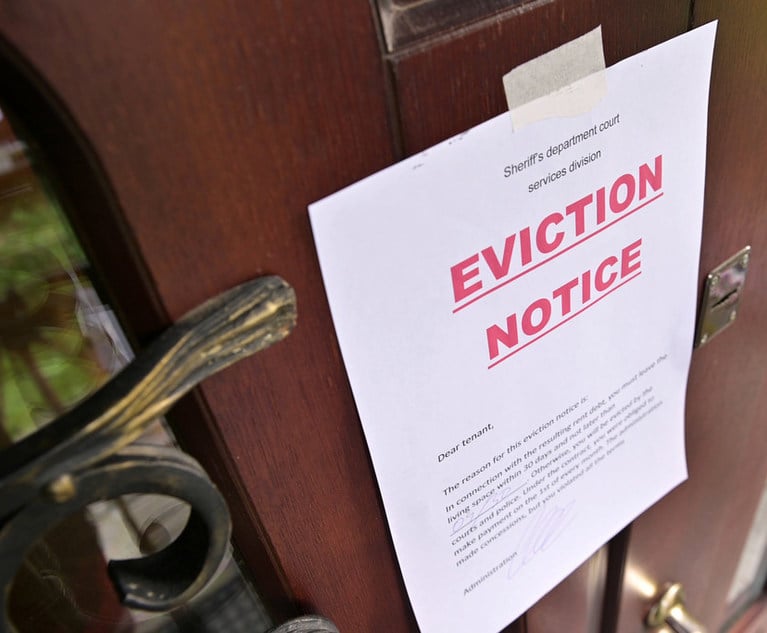In December 2022, the First Department issued a decision that caught the leasing world off guard as it relates to so-called “Good Guy” guarantees. In 122 East 42nd Street LLC v. Joseph Scharf and Sarah Gotlib, App. Div. Case No. 2022-04777, the court unanimously affirmed a Supreme Court decision which held that the personal liability of individual guarantors—under what the parties’ thought was a classic “Good Guy” Guaranty—could not be extinguished unless the tenant, prior to its surrender of the premises, obtained landlord’s written consent. That holding, now on appeal to the New York Court of Appeals, is being watched closely by industry practitioners concerned that, if affirmed, it may convert existing good guy guarantees into unconditional guarantees.
Background
In New York, a “Good Guy” guaranty is a ubiquitous concept utilized in many commercial leases. Typically, tenants in complex commercial leases are corporate or special purpose entities. To enhance the credit supporting the lease and to ensure performance by the tenant, landlords often insist on a personal guaranty. In the first instance, a landlord may ask the tenant for a full, unconditional personal guaranty (often to be issued by the principal of the tenant) of the tenant’s payment and performance under the lease, but if the tenant balks, the parties often settle on utilizing a Good Guy (personal) Guaranty.


 Bryan Mohler, left, and Rachel Shaw of Pryor Cashman. Courtesy photos
Bryan Mohler, left, and Rachel Shaw of Pryor Cashman. Courtesy photos




